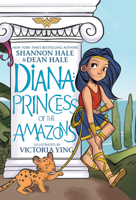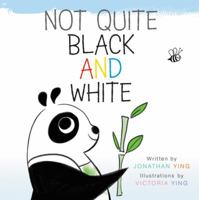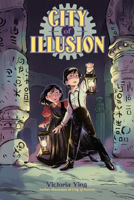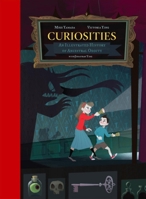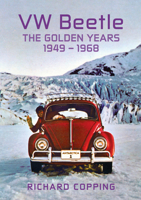Story of the Lost Sheep Alice in Biblela
You Might Also Enjoy
Customer Reviews
Rated 5 starsThe best philosophy overview
This is the best philosophy (not just political) overview I have found. The essays for each philosopher are several pages long and cover all aspects of the philosopher's thought. I have owned this book for years, and I still find myself going back to it over any other philosophy book.
1Report
Rated 5 starsThe Best Single Text On History Of Political Philosophy
Leo Strauss' and Joseph Cropsey's "History of Political Philosophy" is a great way to start learning about "Western political philosophy." The essays, which describe the Greek classical philosophers such as Socrates, Plato, and Aristotle, are especially lucid and well written. Not surprising since Strauss spent his life teaching the virtues of "classical philosophy." Strauss points out that classical political philosophy...
1Report
Rated 5 starsBest when approached without assumptions
Be careful with this book! The "History of Political Philosophy" is not a reference volume in the encyclopedic sense, with glib, editorial-style entries that can be read in five minutes or less. The essays herein tend to be heuristic treatments of the great philosophers of the West, elucidating the basic political questions as each philosopher understood them. It does not attempt to answer those questions for the reader...
2Report
Rated 5 starsGreat survey of Political Philosophy. Bravo, Sir Strauss!
This book was wonderful. I highly suggest buying it. One of this books main strengths lie in its atomized considerations of political philosophers- Strauss attempts no overarching theory, but keeps his comments and observations close cropped and relevant, making most of his characterizations accurate and excellent introducations in and odf themselves. I first came upon this book as a treaching tool as an intro book, but...
0Report
Rated 5 starsPolitical Philosophy's Political Philosophy for the young
On the surface this book introduces the major political philosophers of the Western Tradition in historical order, Thucydides, Plato, Xenophon, Aristotle are the ancients, and the final moderns considered are Husserl and Heidegger (an epilogue dedicated to Leo Strauss is included; however, it is not particularly well written, Strauss's own writing is vastly superior). Between these two historical poles many great thinker's...
0Report












